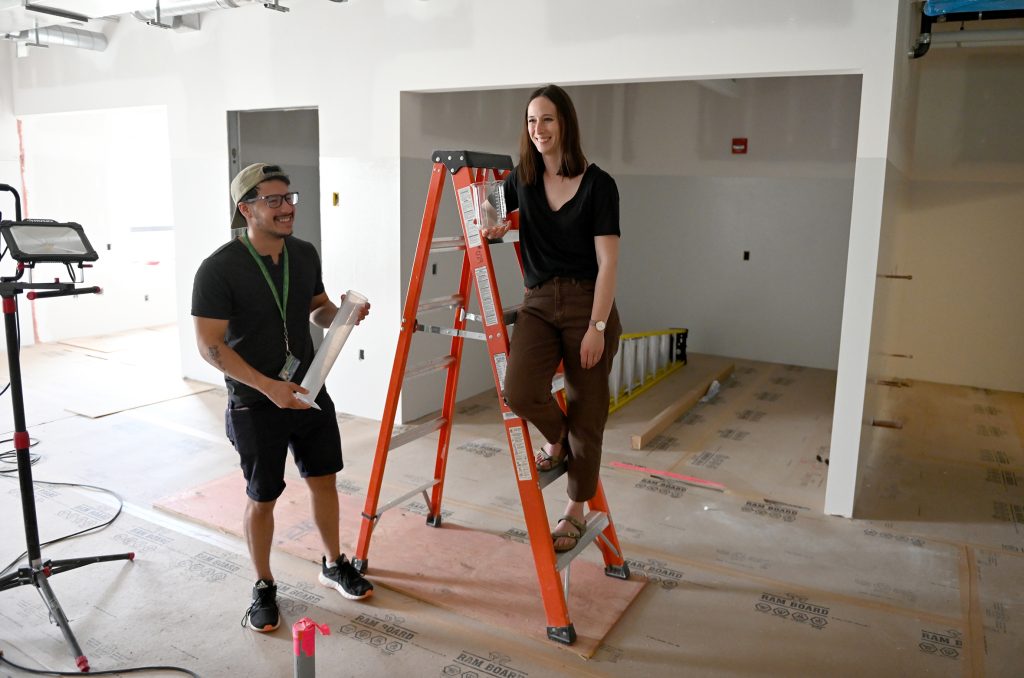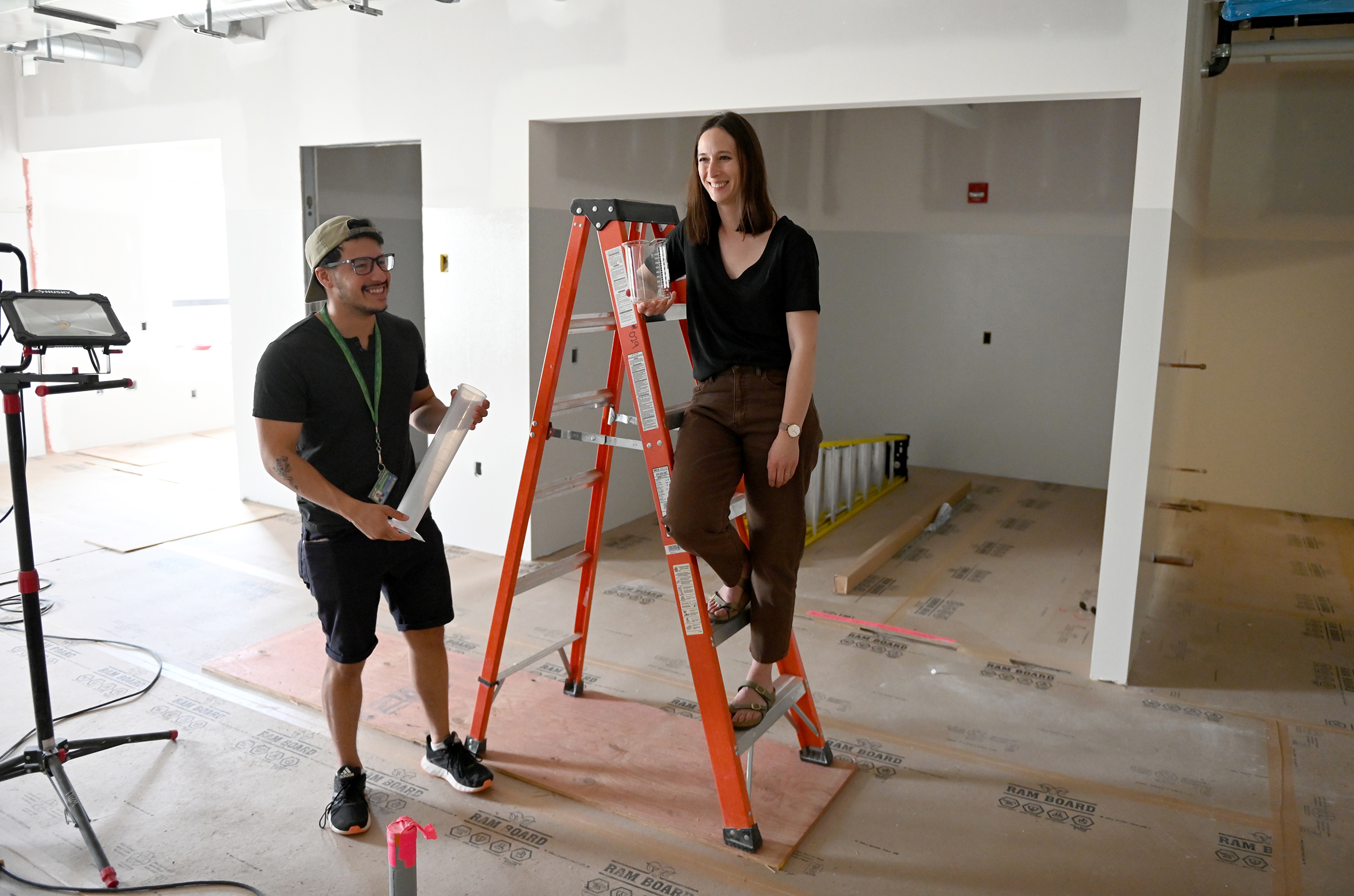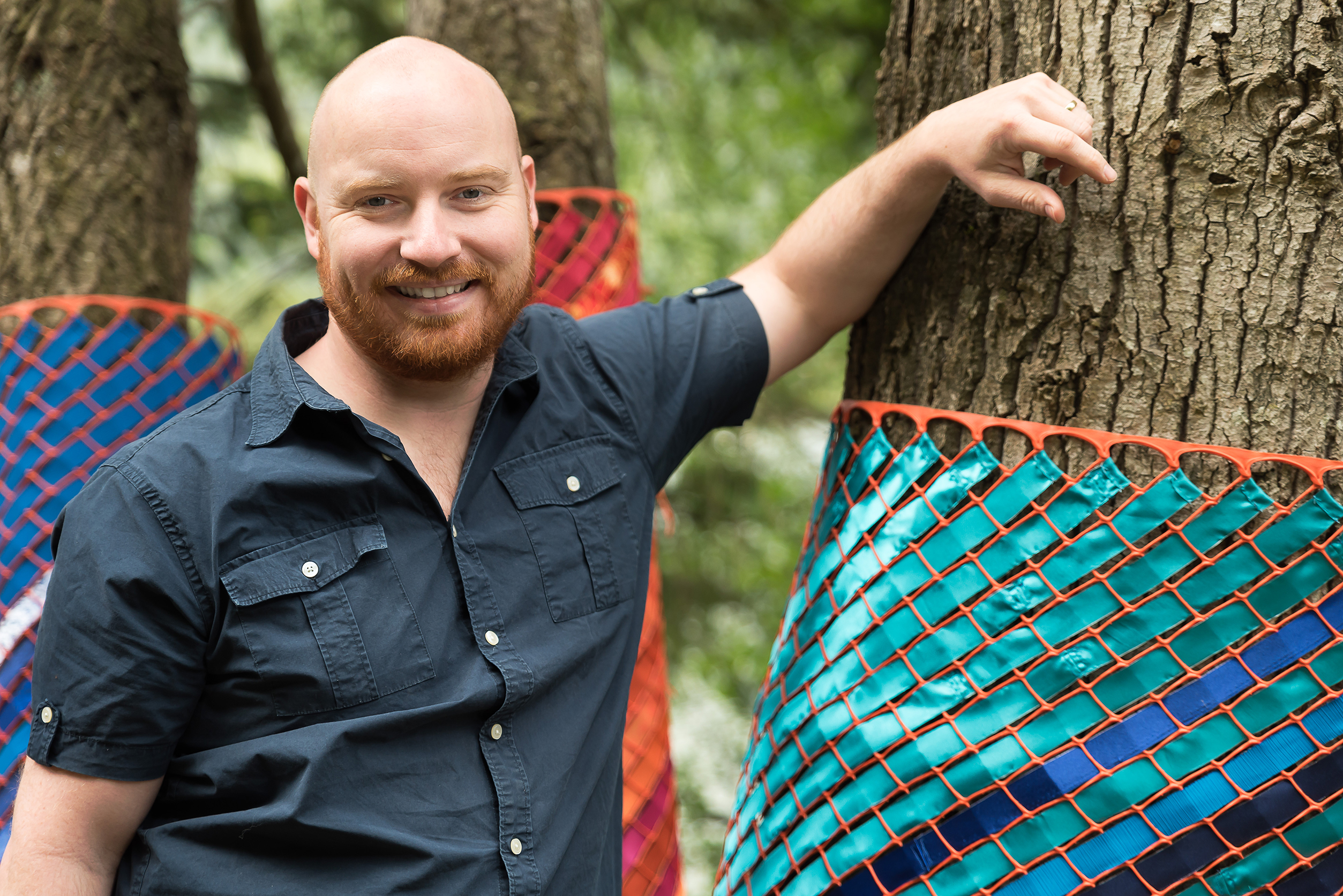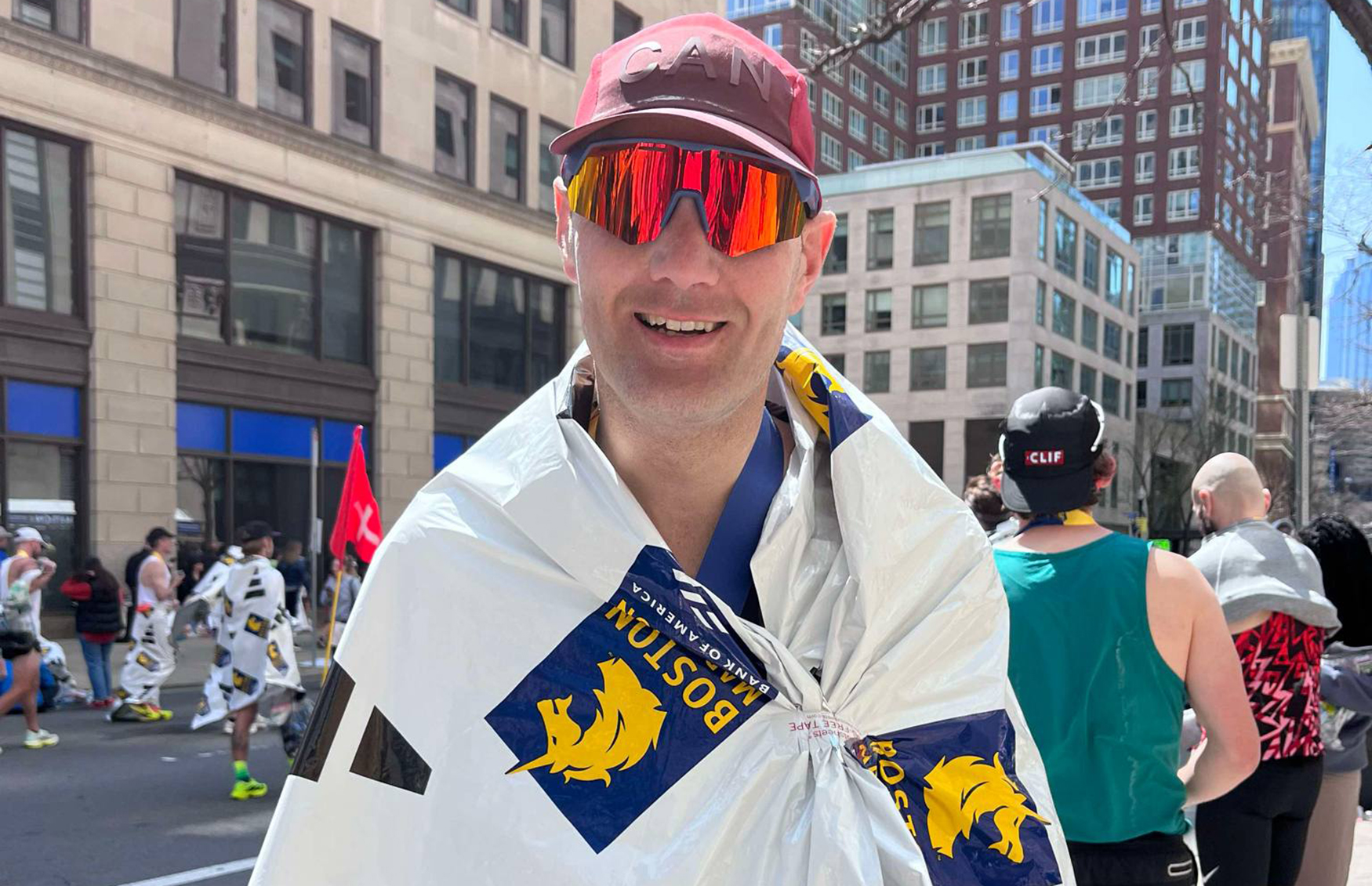High-tech BERRI lab offers opportunities for UFV students

As an eager undergraduate, Dr. Lauren Erland was hungry for meaningful research opportunities. She still remembers her first experience in a research lab and is grateful to the instructor who opened the door to scientific exploration that would forever shape her path.
Since then, Lauren has made it a priority to create similar opportunities for her students.
The Canada Research Chair in Berry Horticulture at UFV was thrilled when she secured funding for the new BERRI (Berry Environmental Resilience Research & Innovation) Lab at the UFV Chilliwack campus last year, especially for the students who would be assisting with her research.
“There is no research without students, and it’s really cool watching their journey,” Lauren says. “They might be overwhelmed or nervous on their first day in the lab, but they are passionate and enthusiastic and ready to learn. Watching students progress is a lot of fun, and providing these opportunities is so special.”
Sebastian Molina Ticas is one of those students. In the BERRI Lab, with access to purpose-built space and cutting-edge equipment, he can tackle meaningful research with tangible impact. Inside the lab, plant tissue cultures can be grown and stored, and plants and berries can be examined down to the molecule.
“It is very exciting,” he says with a grin.
Sebastian has been studying the effects of wildfire smoke on berry crops.
B.C. winemakers are losing entire vintages due to smoke taint. As climate change increases the frequency and severity of wildfires, Sebastian wonders if B.C.’s berry industry will be affected, and ultimately, to what degree. He’s energized doing research with real-world applications, like providing solutions for farmers grappling with the impact of climate change.
“It’s very important to be part of a community, and part of being in a community is contributing to it,” he says. “That gives meaning to the kind of work that we do here. Not only does this research interest me, but it contributes to food sustainability for the future.”
It thrills Lauren to hear comments like that, and when she’s not immersed in her own research, she is engaging with her students. It’s not enough for them to know what they’re doing; she wants them to know how their efforts are going to make waves.
She suggests that her frequent presence and inquiries about their activities might annoy her students.
“Sometimes, I think they wish I would just leave them alone,” Lauren says, laughing.
Sebastian disagrees. He enjoys having access to Lauren and his other instructors, which he doesn’t believe he would have at another university. He says the UFV learning environment challenges him to think, to question, and to have answers to Lauren’s queries.
“Some schools have big lecture halls and 200-plus students, and it’s hard to connect with your professor in that kind of setting,” he says. “At UFV, we have smaller class sizes and professors who take the time to mentor you, and that has been life-changing for me.”
For more on the BERRI Lab, visit https://www.berrilab.com/.





